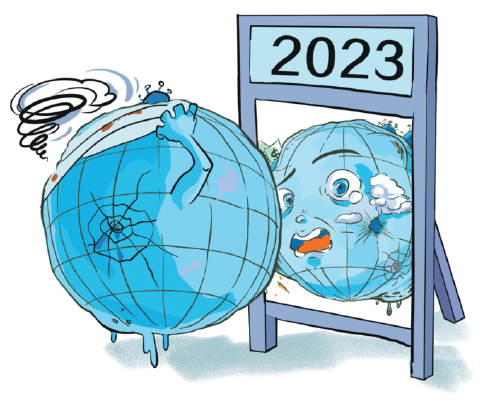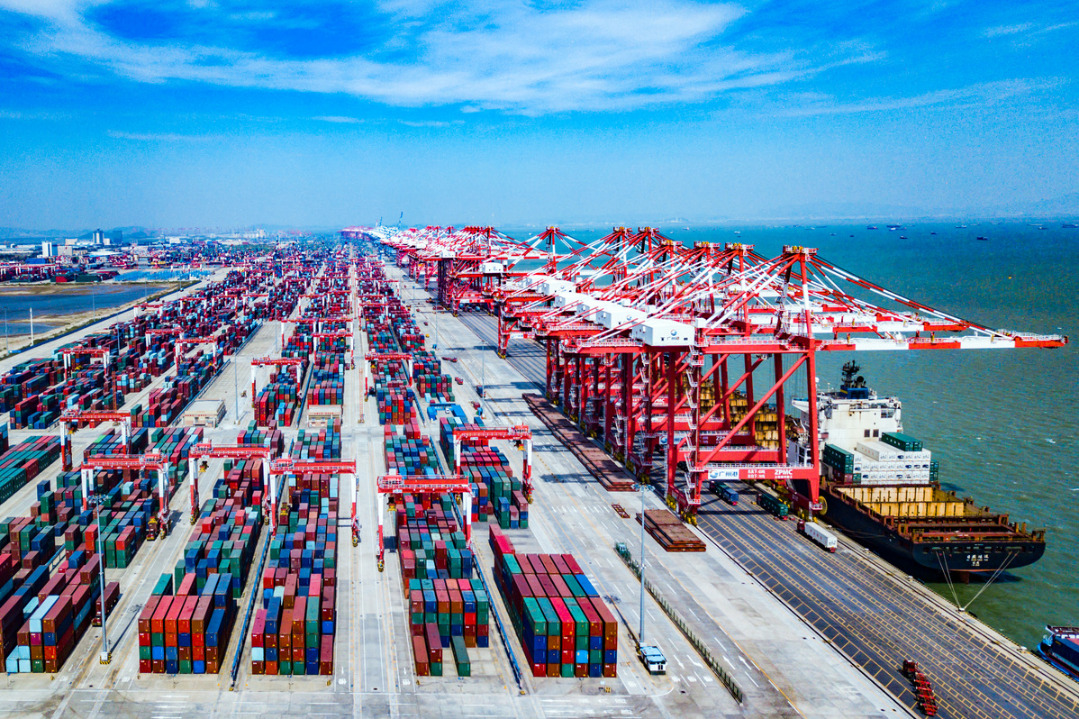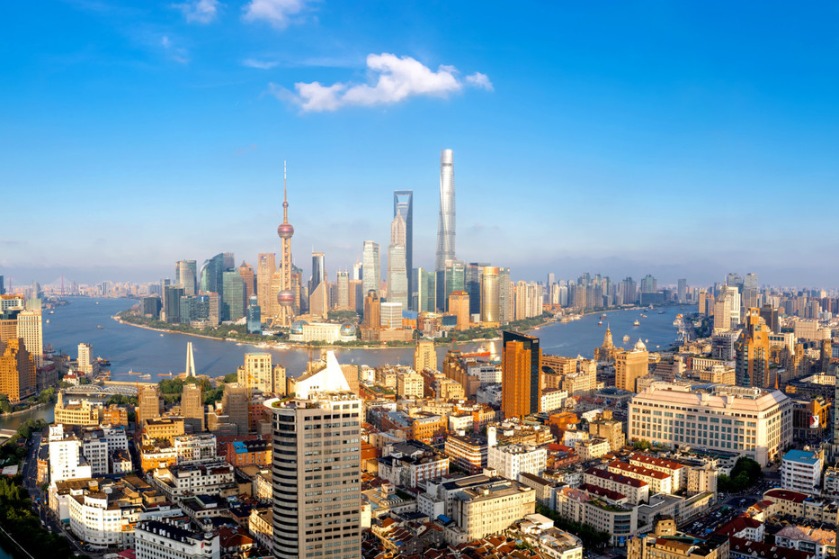Ukraine crisis is a conflict of attrition






Editor's note: As 2022 is marked by COVID-19, international conflict, economic woes, and an increasingly urgent climate emergency, many agree it has been a challenging year. How will the economy, environment, politics and security look like in 2023? Four experts share their views on the issue with China Daily.
The 10-month old Russia-Ukraine conflict has been constantly changing and becoming increasingly complicated. The conflict is playing out on two battlefields: the bloody fighting in Ukraine, and the games being played by different parties, including the US-led West. This means the conflict also involves economic warfare, information warfare or public opinion warfare.
To understand the geopolitical games, we need to focus on the behind-the-scene conflict and the instigator of the conflict, the United States.
When this conflict will be over depends, to some extent, on Washington and its allies. Emerging and developing countries are closely watching the progress of the conflict, which is the largest geopolitical game being played out since the end of World War II. These countries are looking for a feasible path to boost their national strength and promote economic development, as well as help restore peace and stability.
While the open and behind-the-scene conflicts are closely related, the outcome of the face-off between Moscow and Kyiv will largely determine the pattern of the behind-the-scene conflict.
One possibility is that Russia will emerge victorious in the conflict, maintain its influence in Crimea and eastern Ukraine, and carve out a geographical buffer zone with Ukraine, creating the necessary security barrier with Europe. This means the partition of Ukraine and establishment of a "cold peace".
But neither Ukraine, under the present political dispensation, nor the US-led West will stop targeting Russia in order to undermine its global influence. As such, Russia is more likely to seek development opportunities in Asian countries, and its political and economic engagement with the West could end. This means the hostility between Russia and the West will continue.
A second possibility is that Ukraine will triumph in the conflict and reclaim Crimea, with Moscow facing a very difficult geographical environment. Yet a lot would depend on the outcomes of the US-led West's behind-the-scene maneuverings and Russia will face the most severe challenge since the disintegration of the Soviet Union.
If Russia weakens, it will lead to the reshaping of the Russia-EU security mechanism by the US-led West. That would mean the demise of the Yalta system established after the end of World War II. But can the Western countries handle the chaos that would also undermine their own security?
Despite making some progress, Ukraine still faces many uncertainties. The biggest variable is whether the US-led West can provide Ukraine with continuous financial and military support. Judging by the results of the midterm US elections and the financial and economic crises facing Europe, it is not clear how long the West will provide such support for Ukraine.
Although the US has promised to increase aid to Ukraine and the United Kingdom has promised to do the same, considering that the US has always faced problems when it comes to fulfilling its commitments, Ukraine must achieve greater results on the battlefield to continue getting Western support.
Yet if all Russian people launch a united offensive against Ukraine, Moscow could still emerge victorious. Otherwise, it will be difficult for Russia to bear the huge price of failure and emerge from the isolation it has been pushed into by the Western powers and their sanctions.
As for Ukraine, it will remain a tragic player. Even if by some miracle, Ukraine regains Crimea and makes its way to the negotiation table with Russia, the Western countries will oppose negotiations as they still want to bring Russia to its knees. Hence, even if Ukraine wants to end the military conflict, the US-led West is very likely to coerce it into continuing the fight despite both Russia and Ukraine suffering casualties and economic losses.
However, if Russia continues to hold on to the territories it has seized in eastern Ukraine and turns the conflict into a war of attrition, Ukraine could face even bigger problems. And if Russia manages to continue the conflict to gain geopolitical and economic advantage, it can turn things around by instigating the collapse of the Western camp, especially if serious economic and political problems confront the EU, and the European people stop supporting Ukraine in the conflict.
The Russia-Ukraine conflict is a typical proxy war, in which the situation can change in a short time, especially because the US or NATO is not expected to become a party to the conflict and yet they want the war to drag on.
We are therefore looking at a protracted conflict in 2023. And the premise of a protracted conflict is a war of attrition. The Russia-Ukraine conflict is a severe test of both sides' national strength, and the unity among their peoples.

If you have a specific expertise, or would like to share your thought about our stories, then send us your writings at opinion@chinadaily.com.cn, and comment@chinadaily.com.cn.






























